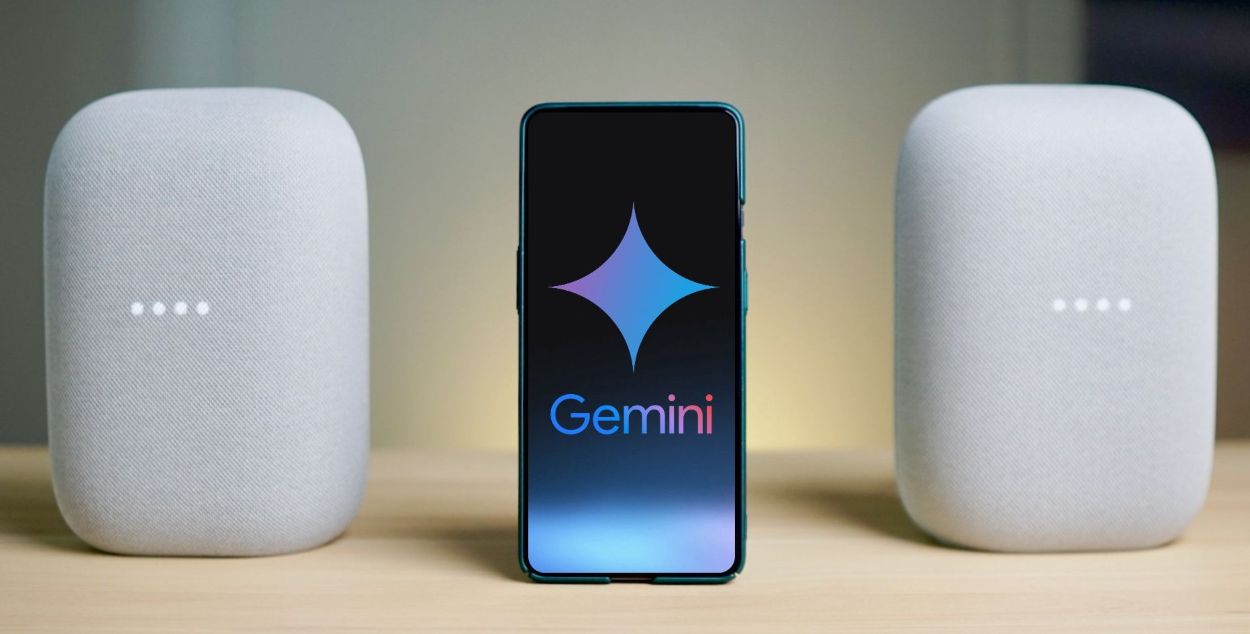On June 24, 2025, Google reportedly emailed select Android users, announcing that its Gemini AI assistant will interact with apps like WhatsApp, Phone, Messages, and Utilities starting July 7, even if the feature is disabled. Screenshots of the email, shared on social media and reported by Android Authority, have sparked confusion and privacy concerns due to Google’s unclear language and lack of instructions on opting out.
The email, titled “We’ve made it easier for Gemini to interact with your device,” states that Gemini will access certain apps, whether your Gemini Apps Activity is on or off.” Gemini Apps, formerly extensions, enable the AI to perform tasks in first- and third-party apps. Users can toggle app access in Gemini’s settings, but the email suggests this control may be bypassed, raising fears about data collection.
Gemini Live on @Android is becoming more useful – allowing you to add images, files and @YouTube videos to conversations. 💬
Get some AI-powered help to:
💡 Brainstorm ideas
✏️ Plan events
💭 Explore complex topics
And more. → https://t.co/gdKNJejhzw #GalaxyUnpacked pic.twitter.com/SNBDHi6BzS
— Google DeepMind (@GoogleDeepMind) January 22, 2025Google later clarifies that users can disable the feature in the Apps settings page, which contradicts the previous statement and lacks specific instructions. This indicates a targeted rollout, potentially to beta testers.
Unlike Google Assistant, which also accesses app data, Gemini’s AI-driven processing raises questions about how data is stored and used. The lack of clarity on disabling the feature fuels privacy worries, as users may lose control over their app data. The uncertainty adds to Google’s silence on whether new opt-out methods will accompany the July 7 update.
Google’s push to integrate Gemini across Android aligns with its AI-driven ecosystem strategy, competing with assistants like Siri and Alexa. However, the move risks alienating users if privacy safeguards are not transparent. Similar concerns have arisen with AI integrations in other platforms, highlighting the need for clear user controls.






